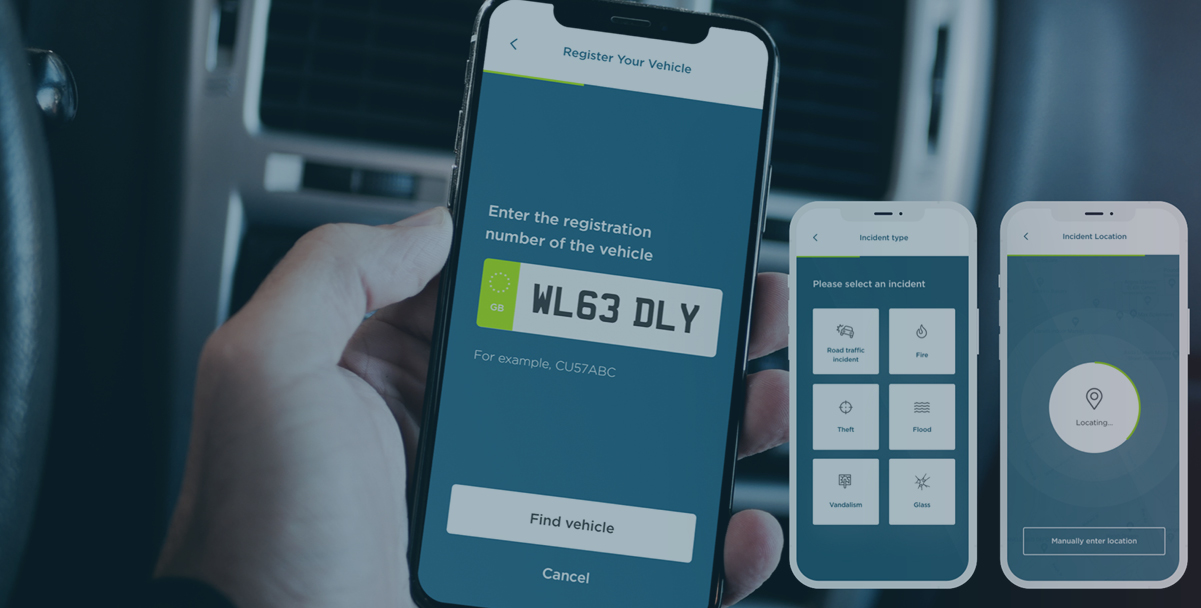Customer empathy: the often-forgotten secret weapon of effective CX
4th October 2021

This blog is part of our series of insights for National Customer Service Week. The changing world of work and it’s impact on customer and employee experience was shared on Monday and on Tuesday we looked at top tips for handling rude customers.
The internet is overflowing with research stating that improving employee engagement and capability leads to higher customer satisfaction. Or as Jo Causon, CEO of Institute of Customer Service, puts it: “Those employees who attend regular development and training – particularly for personal skills such as confidence, innovation, or dealing with customers – are more productive, more engaged and able to provide better customer service.”
Of course customer-facing employees need knowledge of products and processes in order to be effective in their job. But they also need to know how to engage with customers and provide a great customer experience. And that’s where empathy comes in. Empathy is the art of putting yourself in your someone’s (in this instance, your customers’) shoes – not pretending to be them but demonstrating an understanding of their situation and their feelings.
Empathy is more than just a ‘nice-to-have’. Analysis by the Harvard Business Review suggests a direct link between empathy and commercial success. The top 10 companies in their Global Empathy Index 2015 increased in value more than twice as much as the bottom 10 and generated 50% more earnings.
So how do you encourage empathy? And is it something you can simply train your people to embody? Here’s four top tips to help your customer service employees can be more empathetic towards customers:
- Acknowledge your customer’s concern
No matter how trivial the issue your customer has taken the time and trouble to pick up the phone to you. That means they have a concern, and your first task is to acknowledge that concern.
- Knowledge is power
It may sound obvious, but you need to know your stuff in order to be effectively empathetic. For example, the introduction of new regulations across the mortgage market had led to the call team of our client Kent Reliance, struggling to answer customer queries as effectively as it wanted. In turn, this led to poor CX metric scores and customer frustration. But by using its own feedback to understand the issues customers were facing, Kent Reliance was able to provide the call team members with training and simple guides for dealing with customer calls. The call team were able to deliver a far better service which made them more confident and made a very positive impression on customers.
- Put yourself in your customer’s shoes
You may not have shared the same experience as your customer but try to see things from their perspective. They have busy lives to leave and their issue, though sometimes not important to you, may be a huge inconvenience to them.
- Engage in active listening
Really listen to what your customer is saying – and the way in which they are saying it. The tone of voice can tell you how upset or angry they may be. Their words may hint at something they’re not telling you that you can tease out. An active listener will ask questions and summarise what’s been said. Davies client Lloyds bank became concerned that customer-facing employees were being distracted by the scores they were being given in customer feedback. We removed the scores from colleagues’ dashboards so they would only focus on the comments left by customers.
- Focus on people rather than process
Part of active listening is to hear what people are saying and respond appropriately. Some clients use tightly-defined scripts to guide conversations but these can prevent a sense of personal contact and reduce empathy. Our client, Ageas, engaged in a cultural change programme at the heart of which was ‘scrap the script’. Employees were encouraged to spend time engaging with customers and this restored an element of trust and confidence and given them greater enjoyment of their role. One adviser commented that ‘for the first time in two years a customer has remembered my name’.
It’s simple but often forgotten – customers just want to feel heard and understood. If you can establish a strong customer service team that can pair empathy with a great understanding of your products and services, then the road to business success just might be a lot less bumpy.
Interested in continuing the discussion on customer empathy and how it can boost your business? Please get in touch with Lee Mostari, Director of Insight and Analytics, to arrange time to talk. You can contact Lee at Lee.mostari@davies-group.com
Related Articles
-
- Article
- Consulting
- Technology
How to create an environment of diversity and inclusion in insurance
‘Diversity in the workplace’ has become a very prominent recruitment prerogative in recent…
-
- Article
- Claims Solutions
- Technology
Davies launches app that will digitise the customer journey
The last 12 months have accelerated the use of digital functions…
-
- Article
- Claims Solutions
- Insurance Services
- Technology
When virtual events and technology failures collide
We often hear the saying ‘technology is great when it works’.…
-
- Article
- Technology
Employees bring value to customer experience programmes
Having happy, engaged employees in customer-facing roles will help to drive…



